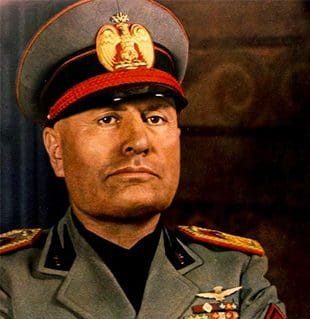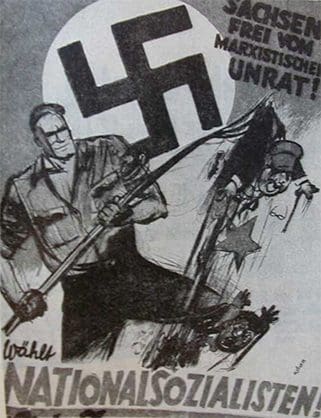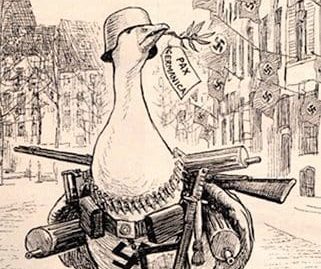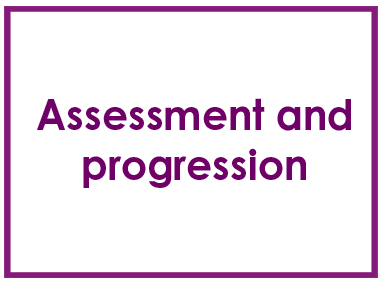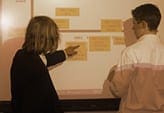
Most evidence of history teaching at Key Stage 4 comes from OFSTED reports which repeatedly paint a picture of highly competent teaching but rather restricted learning. Students are taught effective strategies for answering examination questions and writing competent coursework answers, but often in lessons they are too passive. This situation is improving, in my experience, but there is still a need to engage students more, to expect them to take greater responsibility for their own learning as well as to work out more for themselves.
I talk elsewhere on the site about students making their own meaning rather than just swallowing wholesale what the textbook tells them. We need to encourage students to think more, to question, to look for patterns for themselves and to argue from different standpoints.
Many of you will be familiar with the distinction between deep and shallow learning which caricatures the latter as students passively absorbing information which they are then told how to use in order to pass the GCSE examination. We all know that GCSE lessons are usually more predictable than KS3 and that textbook comprehension and answering examination questions often dominate.
You may be less aware that the statistics for learning in history at KS4 show that the learning is nearly always good but hardly ever outstanding. It need not be like that. If you follow the advice contained in the downloadable files such as ‘learning in history at KS4 takes place most effectively when ..’, you will see the need to take more risks. A brief glance at some of the ‘Outstanding Lessons’ will also reveal that the really excellent learning occurs when students are given scope to apply their knowledge and understanding to make their own meaning, often in imaginative and exciting ways.
This part of the site is sub-divided into 5 sections:
The learning process offers a few simple principles to bear in mind when planning a sequence of activities. 50 Imaginative learning activities is a real gold mine of brilliant ideas. Roles of learners provides plenty of ideas of how to vary the roles students could fulfil during the lesson e.g. lawyer, journalist, advertiser, election campaigner. Imaginative products reminds us, with a host of practical examples, that students appreciate the variety of product so that classwork and homework is not all notes, answers to questions and essays. Lastly, but by no means least, is a section on the views of learners which serves to remind us what KS4 students want from their history lessons and what they don’t want!

